In Luwingu, a district of northern Zambia, WorldFish has helped expand existing female-managed fish ponds and introduced for the first time pond polyculture. Our young team made of Lucinda Middleton and Muleya Syapwaya spent the first two months on the ground meeting with partners, representatives from the Department of Fisheries (DoF) and local Peace Corps Volunteers. By organizing community meetings with fish famers from all twelve wards in Luwingu, they quickly began understanding the challenges and opportunities of fish farming and the fish species most commonly farmed in the region.
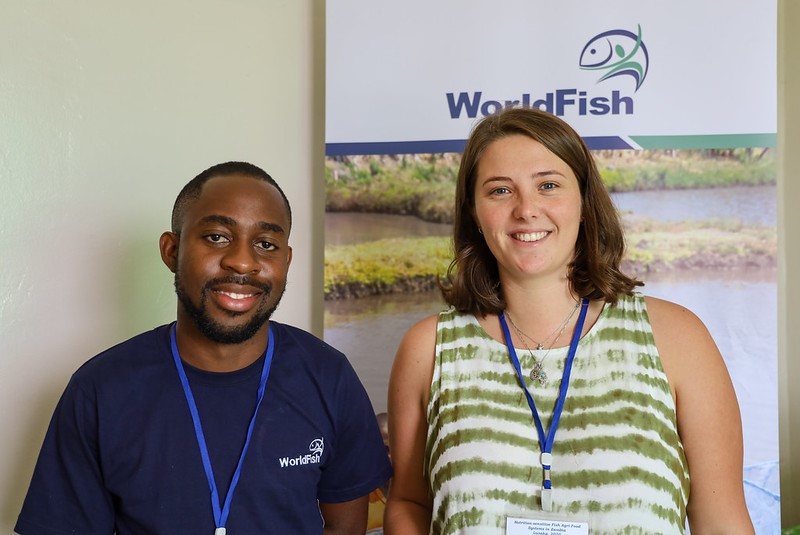
Two villages were selected to be the site for the Putting Research into Use for Nutrition, Sustainable Agriculture and Resilience (PRUNSAR) project. At first, participation was challenging as only a few women agreed to be part of the project. The situation quickly turned as the women grew into a community of aquaculture practitioners-in-the-making and the group of initial participants grew to a total of 15 women and five men.
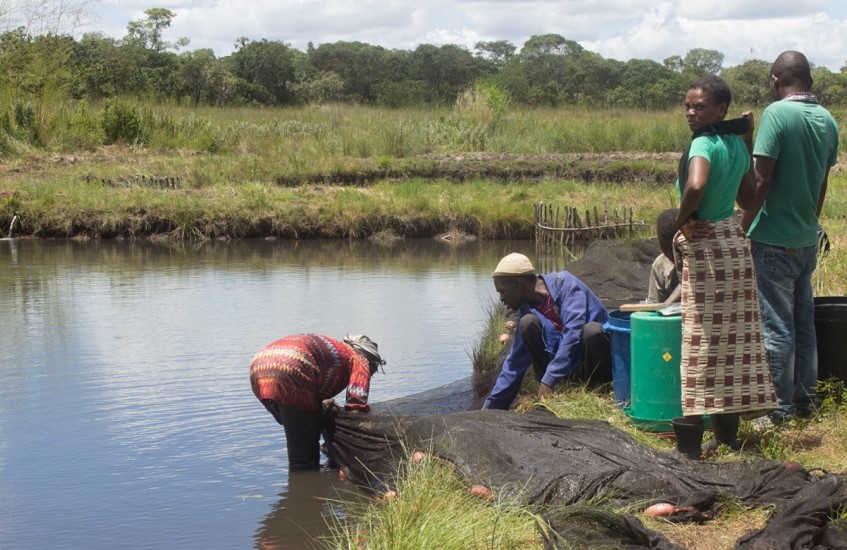
Fish farming was previously considered as an impossible trade for Zambian women, mainly because of limited water sources and the male dominated pond ownership. Most ponds in Luwingu are located at least a ten minutes’ walk from their household and women in Luwingu prefer to dig their own pond. This is often considered a laborious task for many of the women, who resource to hiring labour from community members, mainly school boys, to help with digging the ponds. Within the household dynamic, husbands and sons also step up to help.
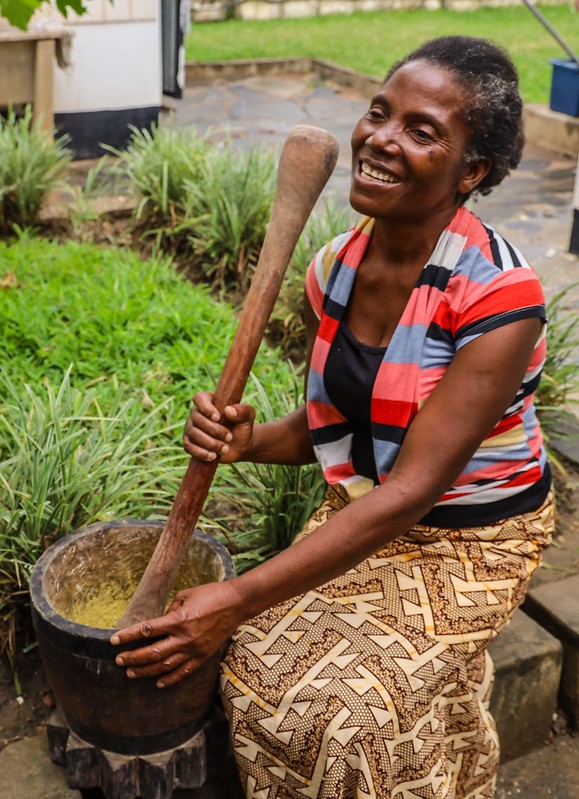
However, a phenomenon that can be explained as ‘shifted ownership’ has often been observed when male family members assist in digging the ponds. Despite the challenges, during the implementation of the PRUNSAR project women found various strategies such as reducing the pond size and teaming up with other women as a way to successfully kick-start their fish farming practice.
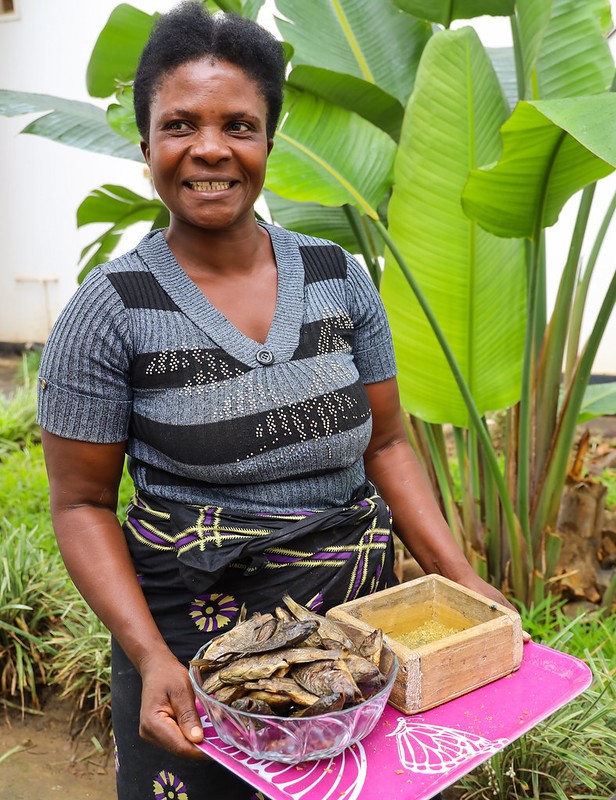
Trained in fish farming management and technique the sisterhood of Luwingu was encouraged to pass down to women from other communities. There were only two women practicing fish farming management techniques in the villages of Luena and Mwingilila, when the PRUNSAR project started. After identifying and enrolling 12 more women to be in the project, they took their training materials to scale up in their villages and advised and encouraged female community members. The group has now grown into 29 active female fish farmers.
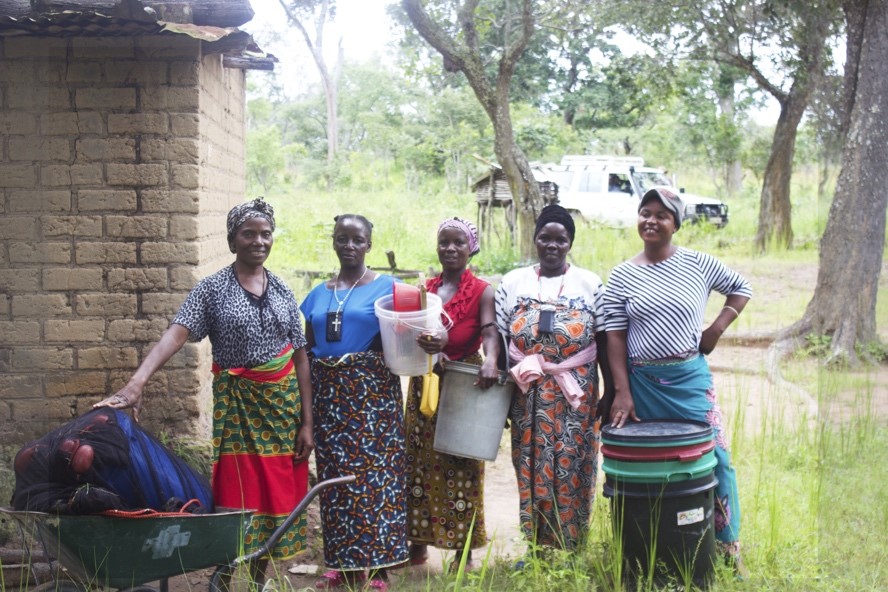
“Pursuing fish farming is the best thing I did for my children, as now they have fresh fish to eat whenever they want to, and for myself, as I can always sell some of my fish when I need money.” -says fish farmer Asinta.
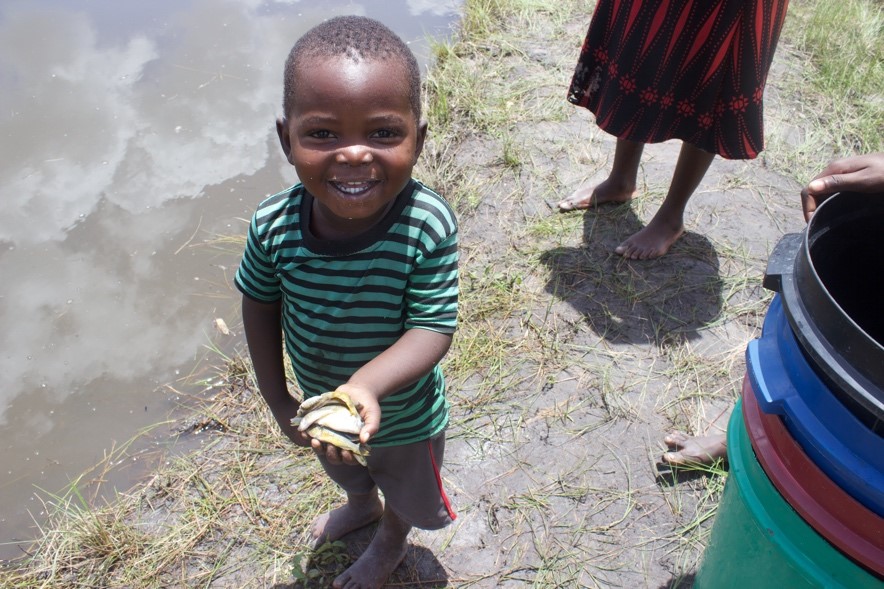
As the project continued to monitor pond performance, significant results were reported in yield. Moreover, the income generated from the sale of the harvested fish was used to pay for school fees and further expansion of ponds. This pilot project was the first of its kind in Zambia to assess the role of pond polyculture for fish consumption and gender equity. It provided particular insight on the impact of income generation in farmer behaviour.
“We thought it was impossible 2 years ago, to grow our own fish, to dig and clean the ponds, to get fingerlings and nets. But we worked hard and studied our ponds and our fish very well. We now have big and small fish in the same pond, we eat the small, children love the small fish too and we sell the big one.” – says Agnes